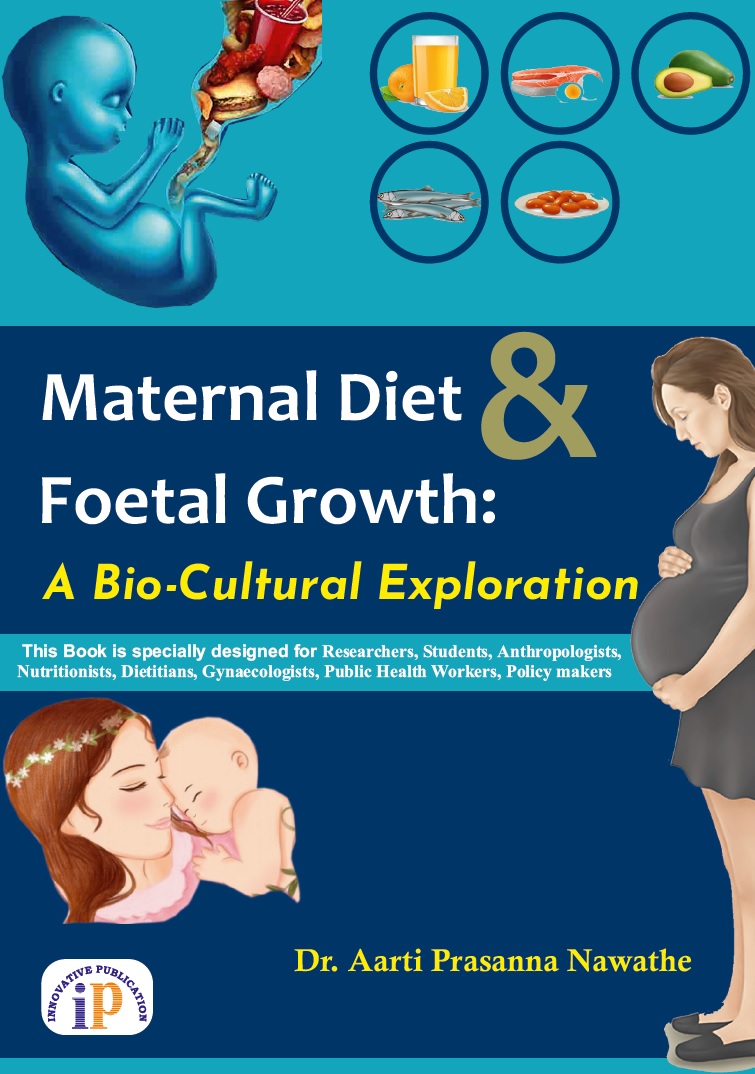Maternal Diet and Foetal Growth: A Bio-Cultural Exploration
Dr. Aarti Nawathe holds Ph.D. in Anthropology, Bachelor's degree in History, with postgraduate degrees in History, Anthropology, and Indology. She has NET and PET qualifications in Anthropology and SET in History, along with a distinction in Bachelor of Education (B.Ed.). She also holds diplomas in Health and Nutrition, and Computer Technology. Her doctoral research, titled "Fetus Growth and Pregnancy Outcome with Special Reference to Maternal Diet and Stress," investigates the influence of maternal factors on fetal development, with the resulting book being a product of her Ph.D. thesis. Her teaching background extends over 14 years, covering both History and Anthropology. Dr. Aarti has contributed to numerous projects over 8 years spanning various subfields of Anthropology, ranging from Ethno-Archaeology to Urban Anthropology. She serves as the Founder and Chairperson of the Kavir Foundation, a non-governmental organization dedicated to empowering women and marginalized communities while also tackling contemporary social issues. ... Read more Read less
Nutrition is influenced by biological and cultural factors. This study attempts to explore and evaluate dietary practices from a biocultural standpoint which aims to ascertain the nutritional pattern of expectant mothers. The foetus in the uterus is completely dependent on the nutrition provided by its mother. This nutrition is thought to be the most important intrauterine environmental element that modifies the expression of the foetal DNA, resulting in lifetime repercussions. The behaviour is known as "foetal programming," which has given rise to the contemporary notion of "foetal origin of adult disease." Women require a nutritious and safe diet not only during pregnancy, but also during their adolescence or prior to pregnancy, in order to build appropriate reserves for pregnancy. The goal here is to investigate nutrition in relation to its social setting. Nutritional anthropology seeks to understand the interplay of biological and social variables that influence the use of available food and the nutritional health of individuals
and populations.
... Read more Read less










